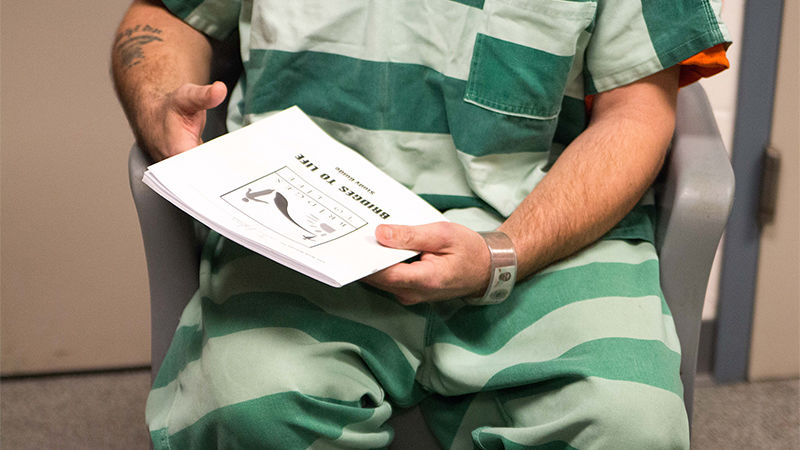Administration of Justice: Building bridges
Bridges to Life, a program run by Penn State Beaver Administration of Justice students at the Beaver County Jail, is helping victims and offenders heal by encouraging them to come together and share their stories.
By: April Johnston


